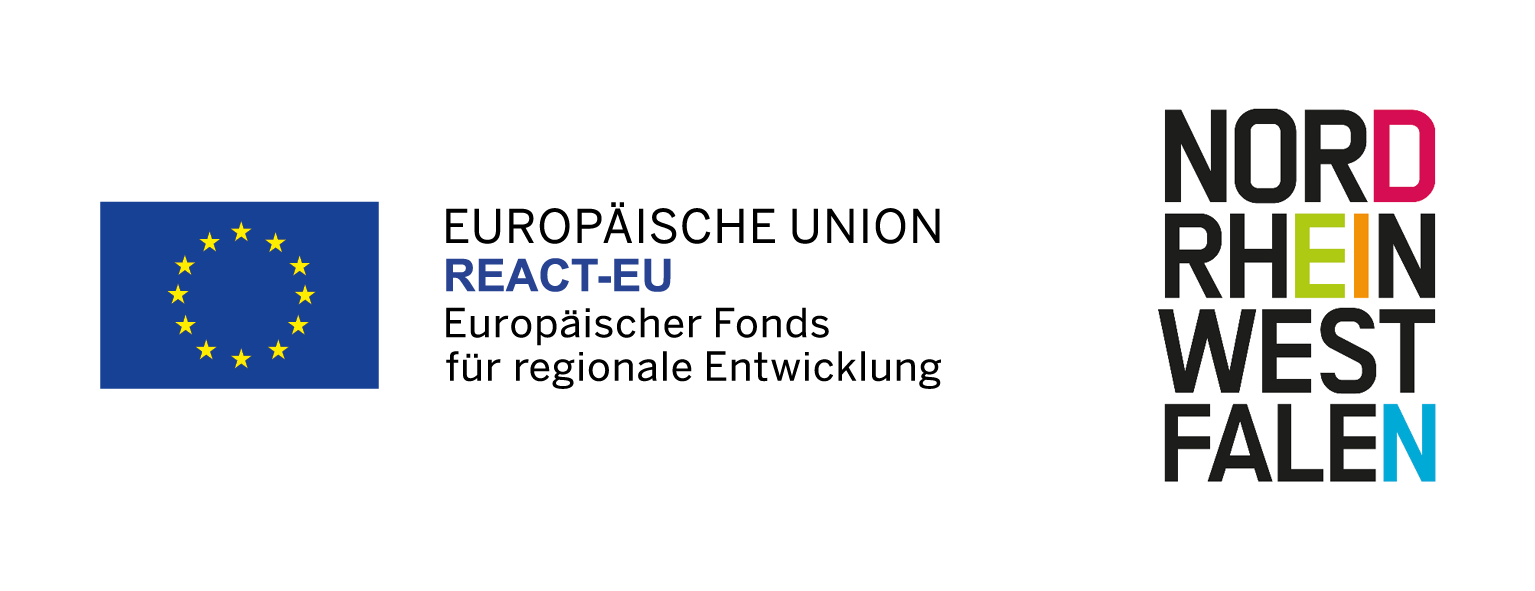
Riverside indulgence

Riverside indulgence
Interview with Philipp Elsbrock
Having returned to the city after a number of years away, Philipp Elsbrock is particularly attuned to what makes Düsseldorf so special. He is chief food and drink editor at Falstaff magazine, having studied linguistics, Romanesque philology and philosophy at Düsseldorf’s Heinrich Heine University before his interest in journalism led him to the Henri Nannen School in Hamburg. After spending two years as a political journalist in Berlin, Elsbrock began writing occasionally, and subsequently on a permanent basis, about the finer things in life when he became an editor of Hamburg-based magazine Feinschmecker. This set the course for his later career at Falstaff, which is situated on Carlsplatz square in Düsseldorf, and enabled him to return to the city on the Rhine after a ten-year absence. In this interview, Elsbrock talks about the broad culinary spectrum of his adopted home, a new way of enjoying good wine in a relaxed atmosphere and his preference for life by the water.
You left the Elbe river to return to the Rhine two years ago. How has your perception of Düsseldorf changed?
Well, I knew Düsseldorf from when I was a student. Back then, I spent a lot of time at the zakk arts centre and witnessed the final years of the Unique Club. One of my fellow students was married to a Korean woman, so I started to discover Asian food culture. And even when I was living in Hamburg later on, I often attended ProWein in Düsseldorf. During my visits to this trade fair, I would always spend evenings at top restaurants, which gave me the opportunity to explore the local culinary scene. Nevertheless, I got to know the city all over again when I finally moved back here.
As well as living in Hamburg and Berlin, you also spent a year in Salamanca, a city known for its rich tapas culture. Where do you like to go out in Düsseldorf?
I have some real favourites. In my view, the Pink Pepper restaurant at the Steigenberger Parkhotel boasts a winning combination of a relaxed atmosphere and high quality. Benjamin Kriegel is an outstanding chef and, thanks to his wife Ramona Kriegel, the service is excellent too.
Another place I like is Maruyasu. You won’t find sushi of this standard in any other German city. The ramen bars and Korean restaurants are also fantastic. The quality of the food and wine at Bar Olio is excellent too. A recent discovery is Rubens, an Austrian restaurant on Kaiserstrasse that celebrates Alpine cuisine in all its glory. At Em Brass, you can get a main course for under €20, yet the wine list is exceptional.
Casual fine drinking, you could say?
Yes, and this is a trend that can be seen elsewhere. Sebastian Georgi, who owns the pizzeria NineOfive on Ackerstrasse, used to be a sommelier for high-end restaurants and spotted the potential of this phenomenon early on. He offers a casual dining concept, serving Neapolitan pizza along with top wines.
And what do you see as the most interesting new arrivals on the Düsseldorf food and drink scene?
Bartender David Rippen has taken over the LiQ Bar, while the cult Berliner Imbiss on Düsseldorf’s Graf-Adolf-Platz square is being given a new lease of life by Fabian Veldmann and Toni Askitis and is the place to go if you want good wine with your chips. It’s clear that the trend is taking hold everywhere.



Falstaff is headquartered in Vienna. Why did it choose to locate its German branch in Düsseldorf? What’s the significance of the location for the magazine?
There are various reasons. For one thing, Falstaff’s former publisher lived in Düsseldorf. Then there’s the international airport and the fact that you can quickly reach the winegrowing regions from here. The local food scene of course plays a major role too. Fittingly, our offices are on Carlsplatz, directly opposite the Hinkel bakery. Another plus point for Düsseldorf is that it’s the venue for ProWein, the leading trade fair for wine and spirits. And, last but not least, my Viennese colleagues like Düsseldorf because they equate it with elegant fashion and an exciting art scene.
What would you miss if you were to leave again?
The brewpub culture. After ProWein, my colleagues and I used to take a taxi straight to the nearest brewery, even after spending hours tasting wine. We simply needed a more rustic nightcap, and a final altbier to round off the evening was just the ticket. What you should know about me is that I like the Rhineland mindset. You sit down at someone’s table and strike up a conversation.
As chief editor, you must see a lot, but you also have to keep coming up with new ideas. Where do you get your inspiration?
I’m inspired by meeting people who put their heart and soul into what they do, for example when a chef sets out to find the very best ingredients. But this doesn’t necessarily have to be in a culinary context. It can just as easily be an artist as a chef. To put it more generally: I am inspired by people who have ideals and who pursue them.
Where do you go when you want to switch off?
I like to walk to the Rhine. I was born in Duisburg and grew up near the Lower Rhine. The broad river creates a lovely sense of calm for me. I love having a view of the water. In Hamburg, the harbour was just a two-minute walk from my office in St. Pauli. When I’m not busy, we cycle to Kaiserswerth. And if we’ve got more time to spare, we jump in the car and head to the North Sea coast. It’s only two hours away!




Report by Ilona Marx and Sebastian Wolf (photos).
This article is supported by REACT-EU.

